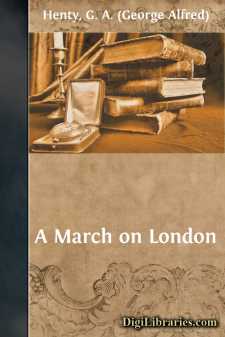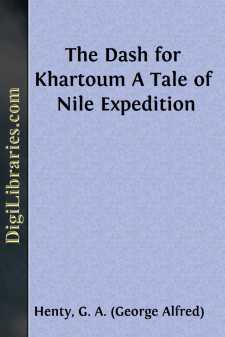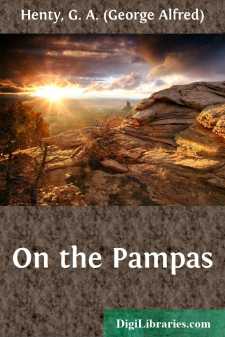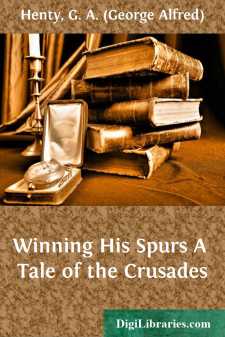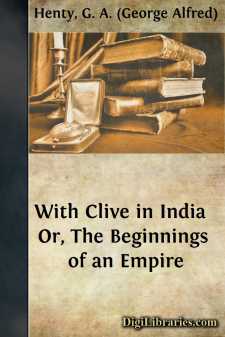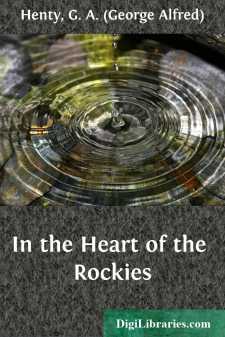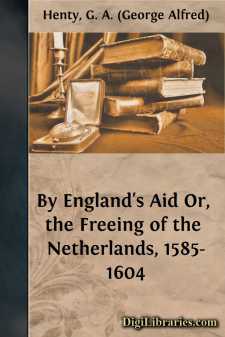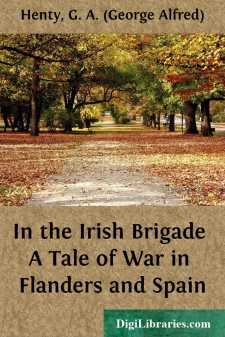Categories
- Antiques & Collectibles 13
- Architecture 36
- Art 48
- Bibles 22
- Biography & Autobiography 813
- Body, Mind & Spirit 142
- Business & Economics 28
- Children's Books 15
- Children's Fiction 12
- Computers 4
- Cooking 94
- Crafts & Hobbies 4
- Drama 346
- Education 46
- Family & Relationships 57
- Fiction 11828
- Games 19
- Gardening 17
- Health & Fitness 34
- History 1377
- House & Home 1
- Humor 147
- Juvenile Fiction 1873
- Juvenile Nonfiction 202
- Language Arts & Disciplines 88
- Law 16
- Literary Collections 686
- Literary Criticism 179
- Mathematics 13
- Medical 41
- Music 40
- Nature 179
- Non-Classifiable 1768
- Performing Arts 7
- Periodicals 1453
- Philosophy 64
- Photography 2
- Poetry 896
- Political Science 203
- Psychology 42
- Reference 154
- Religion 513
- Science 126
- Self-Help 84
- Social Science 81
- Sports & Recreation 34
- Study Aids 3
- Technology & Engineering 59
- Transportation 23
- Travel 463
- True Crime 29
A March on London
Description:
Excerpt
CHAPTER I
TROUBLED TIMES
"And what do you think of it all, good Father?"
"'Tis a difficult question, my son, and I am glad that it is one that wiser heads than mine will have to solve."
"But they don't seem to try to solve it; things get worse and worse. The king is but a lad, no older than myself, and he is in the hands of others. It seems to me a sin and a shame that things should go on as they are at present. My father also thinks so."
The speaker was a boy of some sixteen years old. He was walking with the prior in the garden of the little convent of St. Alwyth, four miles from the town of Dartford. Edgar Ormskirk was the son of a scholar. The latter, a man of independent means, who had always had a preference for study and investigation rather than for taking part in active pursuits, had, since the death of his young wife, a year after the birth of his son, retired altogether from the world and devoted himself to study. He had given up his comfortable home, standing on the heights of Highgate—that being in too close proximity to London to enable him to enjoy the seclusion that he desired—and had retired to a small estate near Dartford.
Educated at Oxford, he had gone to Padua at his father's death, which happened just as he left the university, and had remained at that seat of learning for five years. There he had spent the whole of his income in the purchase of manuscripts. The next two years were passed at Bologna and Pisa, and he there collected a library such as few gentlemen of his time possessed. Then Mr. Ormskirk had returned to England and settled at Highgate, and two years later married the daughter of a neighbouring gentleman, choosing her rather because he felt that he needed someone to keep his house in order, than from any of the feeling that usually accompanies such unions. In time, however, he had come to love her, and her loss was a very heavy blow to him. It was the void that he felt in his home as much as his desire for solitude, that induced him to leave Highgate and settle in the country.
Here, at least, he had no fear of intrusive neighbours, or other interruptions to his studies. The news from London seldom reached his ears, and he was enabled to devote himself entirely to his experiments. Like many other learned men of his age, it was to chemistry that he chiefly turned his attention. His library comprised the works of almost every known writer on the subject, and he hoped that he might gain an immortal reputation by discovering one or both of the great secrets then sought for—the elixir of life, or the philosopher's stone that would convert all things into gold. It was not that he himself had any desire for a long life, still less did he yearn for more wealth than he possessed, but he fondly believed that these discoveries would ameliorate the condition of mankind.
He did not see that if gold was as plentiful as the commonest metal it would cease to be more valuable than others, or that the boon of a long life would not add to the happiness of mankind....


